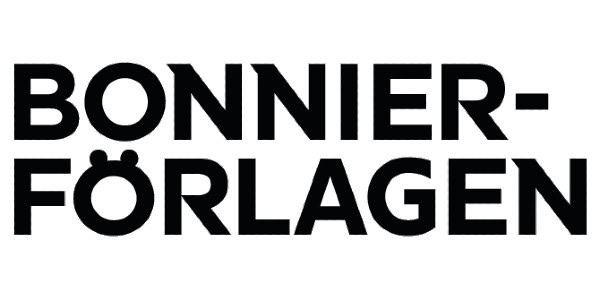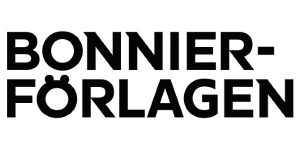
Roman and native : colonialism and the archaeology of rural water management in the Maghreb

| Serie | Studies in Global Archaeology |
|---|---|
| Författare | |
| Förlag | Institutionen för arkeologi och antik historia, Uppsala universitet |
| Genre | Historia och arkeologi |
| Format | Häftad |
| Språk | Engelska |
| Antal sidor | 194 |
| Vikt | 414 gr |
| Utgiven | 2009-05-28 |
| SAB | Jaapö-pa |
| ISBN | 9789150620603 |
This thesis considers the archaeology of rural water management in the Maghrcb in relation to modern colonialism. An attempt is made to recover the attitudes to people and landscape expressed in the archaeological literature, and to analyse them in a colonial/postcolonial context. The primary focus lies on works relating to early water management in Algeria, Morocco, Tunisia and Libya.
The study consists of three parts. In the first part, colonial legacies in the archaeology of the rural Maghrcb are considered, and the archaeological material related to rural water management is summarised. Common issues of geography, history and archaeology with relevance to the study of ancient water management arc addressed. In the second and main part of the thesis, a selection of archaeological works arc examined with respect to the representation of Roman and indigenous people and attitudes to landscape. The three chapters deal respectively with early colonial writings from the turn of the nineteenth century, post-Second World War writings from the late 1940s through the 1950s, and archaeological survey publications produced during the period of political independence in the Maghrt'b, from c. 1960 to the present. In the last part of the study, the survey of archaeological scholarship on rural water management is brought together in a concluding analysis of its relation to modern colonialism, including tlw process of decolonisation. The production of krnnvlcdgc, the ideologies of nationalism and colonialism, the use of stereotypes in representing the Other, and Western attitudes to landscape manifest in the archaeological writings are brought forward. Finally, the concept of creolisation is suggested as an alternative interpretive framework for rural water management in the Roman-period Maghrcb.





















